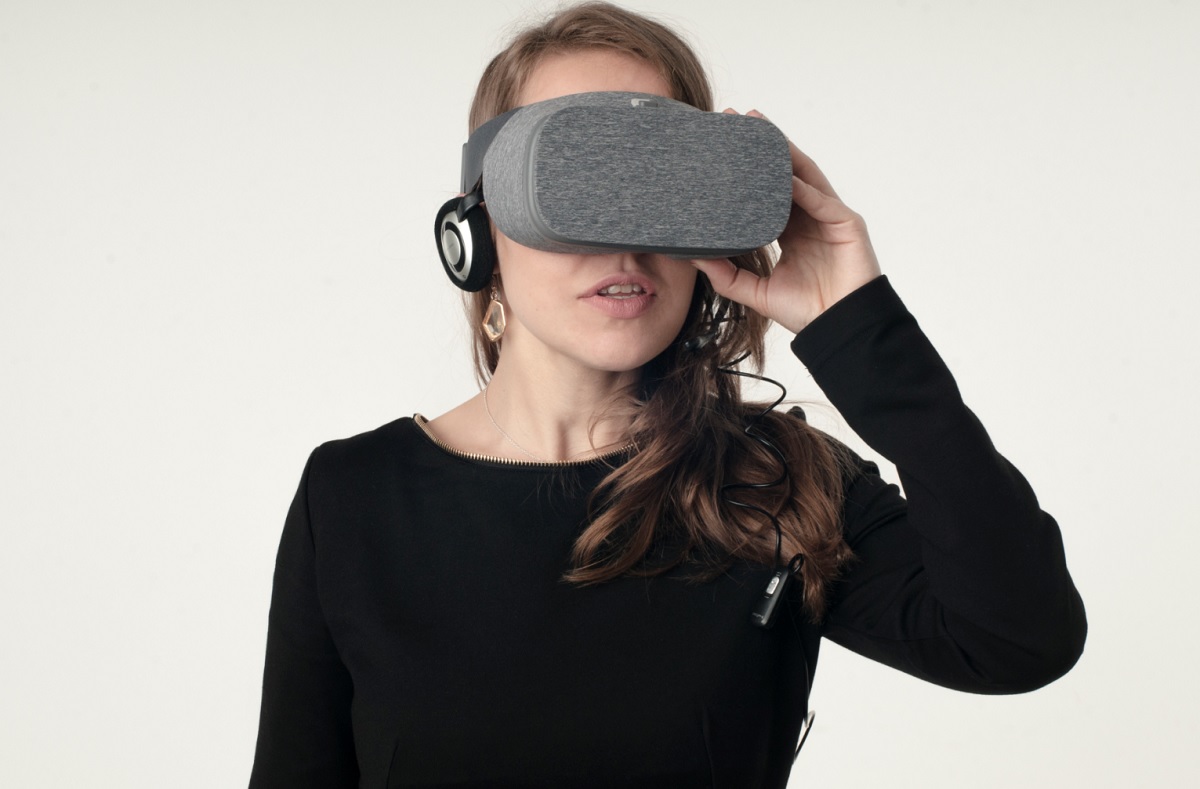Voximplant believes that virtual reality and augmented reality get better when you use them to communicate. So the Palo Alto, Calif.-based company is releasing its Unity-based software development kit to make it easy for developers of AR/VR apps to add real-time voice and video communication.
Developers using the Unity game engine will be able to integrate voice and video communications with one click. The first of its kind, Voximplant’s Unity SDK enables developers to enhance existing Unity virtual reality and augmented reality apps and games by easily adding real-time voice and video communication between users.

Unlock premium content and VIP community perks with GB M A X!
Join now to enjoy our free and premium membership perks.
![]()

![]()